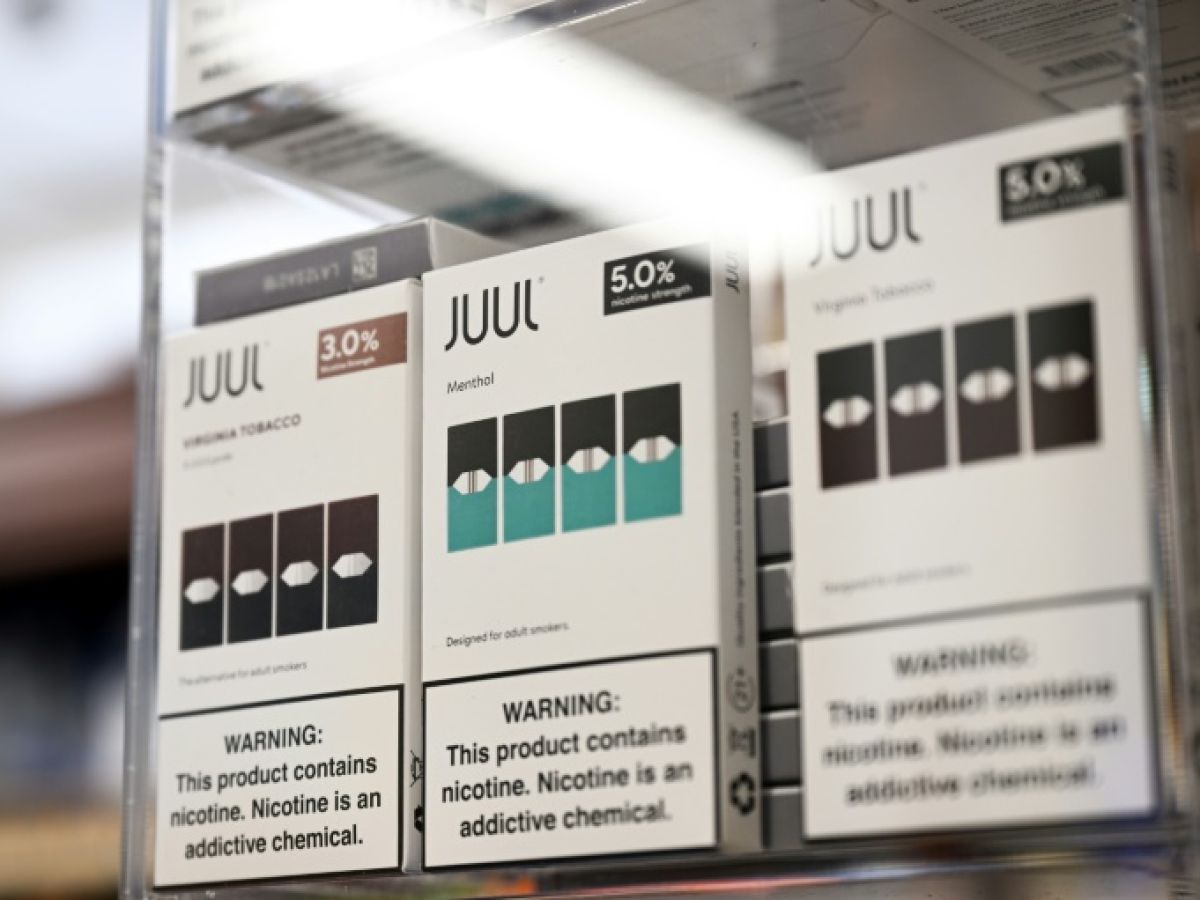After keratin hair creams and masks, here comes (soon) toothpaste. Because, in the near future, our hair will undoubtedly treat our teeth. By what feat? Thanks to this famous keratin, a protein contained in the hair system, skin, and even wool. Moreover, according to work carried out by King's College London, It all started with sheep and the researchers demonstrated in their work just published in the journal Advanced Healthcare Materials that this protein not only protects teeth, but also rebuilds lost enamel and could thus prevent the formation of cavities.
If fluoride slows enamel erosion, keratin can repair it
Researchers have been interested in the properties of keratin for several years now, a link between hair diseases and cavities having been established because of the common embryonic origin. But here, it is the mineralizing properties of keratin that have been highlighted, the researchers specifying that if fluoride slows the erosion of enamel, keratin can repair it.
As he details in thee press release of King's College, Dr. Sherif Elsharkawy – lead author and consultant in prosthodontics, a branch of dentistry specializing in the aesthetic restoration or replacement of damaged teeth – explains: "Unlike bones and hair, enamel does not regenerate. Once lost, it is gone forever.".
Here, the researchers started with sheep wool, extracted the famous keratin and developed different biofilms which they then applied to extracted human teeth, premolars, during manipulations carried out both in vivo And in vitro, while maintaining the teeth in an environment similar to saliva from a chemical point of view. They then realized that, very quickly, within a few days, the protein comes into contact with the minerals in the saliva and then forms a crystalline structure that perfectly imitates the composition of natural enamel, the calcium and phosphate ions in the saliva being attracted and building layer upon layer a protective barrier identical to the original enamel.
“Keratin offers a revolutionary alternative to current dental treatments”
Thus, in three days, a mineralization of a few micrometers in thickness was obtained. According to Sara Gamea, first author of the study, " Keratin offers a revolutionary alternative to current dental treatments. Not only is it derived from biological waste such as hair and skin, but it also eliminates the need for traditional plastic resins, commonly used in restorative dentistry, which are toxic and less durable. Keratin also has a much more natural appearance than these treatments, as it more closely matches the color of the original tooth..
And Dr. Elsharkawy concludes: “ We are entering an exciting era where biotechnology allows us not only to treat symptoms, but also to restore biological functions using the body's natural resources.“. Obviously, work will continue on the development of a toothpaste for the general public and a gel, administered by dentists, which could see the light of day within three years. according to the BBCHairdressers and dentists probably never imagined working together like this.


